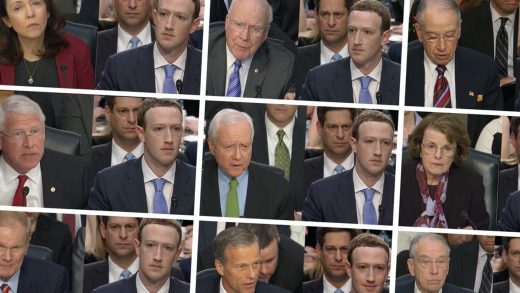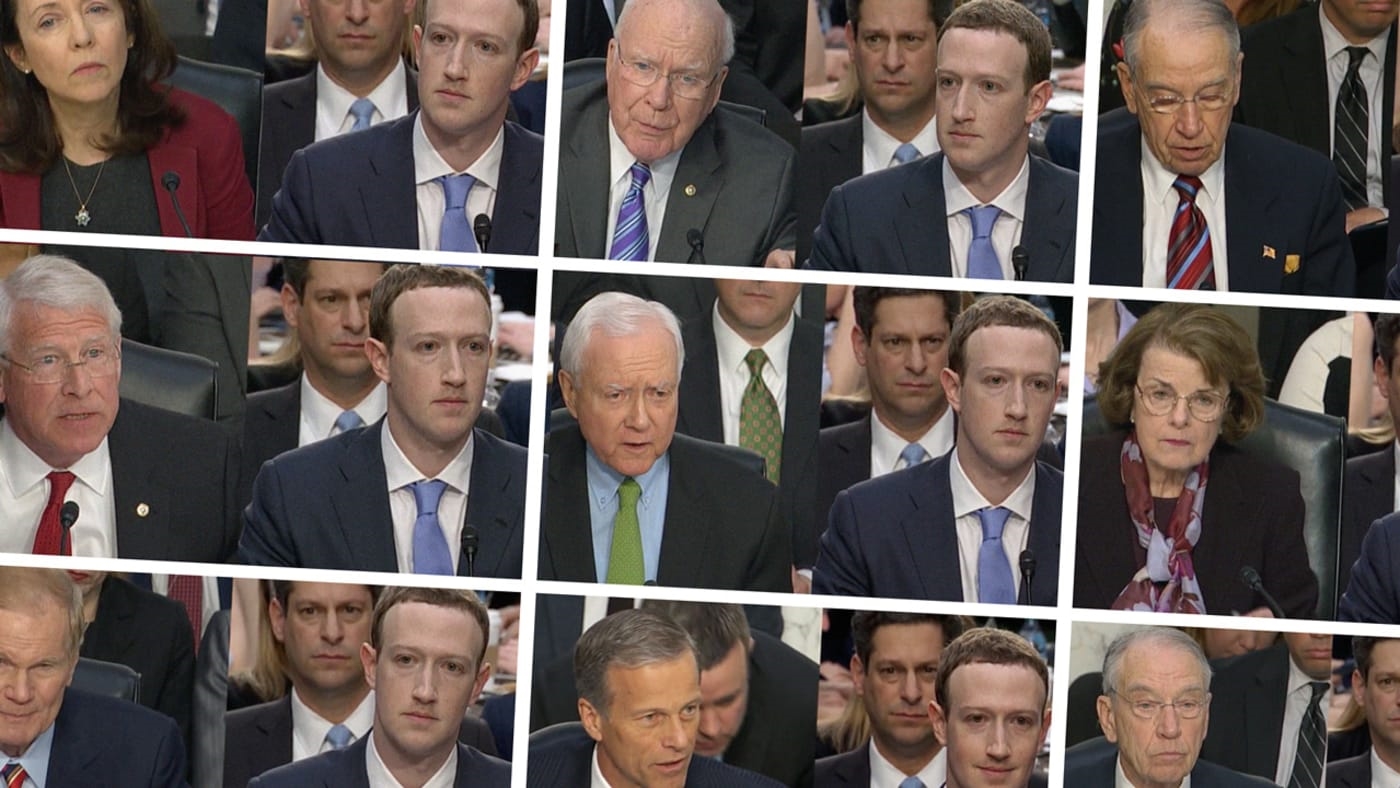Zuckerberg Just Proved Once Again That Congress Doesn’t Understand The Internet
“You will rightfully have some hard questions for me to answer,” Facebook CEO Mark Zuckerberg said during opening remarks in his congressional hearing Wednesday. As it turned out, Zuckerberg didn’t have much to worry about. He was probably overprepared.
Many of the congressional lawmakers who questioned him had obviously crammed with their staffs to prepare for today’s high-profile hearing. They came in armed with “gotcha” questions taken from news stories about Facebook’s many alleged misdeeds, some of which were unsubstantiated. For instance, a number of congresspeople referenced bogus reports about Facebook eavesdropping on conversations through the microphones on our smartphones.
More than a few of the congresspeople also didn’t seem to understand that Facebook doesn’t wholesale its user data, but rather uses it to help advertisers target ads on Facebook and on partner sites. These points were easy for Zuckerberg to counter, and in doing so, he ate up time that could have been used on more penetrating questions about Facebook’s data practices.
Many committee members seemed anxious to get through their actual questions so that they had time to lecture the CEO during their five minutes of allotted time. Zuckerberg seemed cool, unruffled, and patient, rarely interjecting or objecting.
.@USRepLong: “What was FaceMash and is it still up and running?”
Mark Zuckerberg: “No Congressman, FaceMash was a prank website that I launched in college, in my dorm room, before I started Facebook.” pic.twitter.com/W1KK99ljrF
— Dan Linden (@DanLinden) April 11, 2018
In a hearing that was meant to call Zuckerberg out for his company’s lack of transparency about personal data harvesting, Zuckerberg ended up looking like the sympathetic character.
Even worse: After watching today’s hearing, I have little faith that Congress can write a bill that protects users and their data, much less agree on one. Wall Street probably got that impression, too. Facebook’s stock went up 4.5% after Zuckerberg’s first day of testimony Tuesday.
Today’s hearing also reminded me that lawmakers, in general, seem clumsy around tech issues.
One of the lawmakers, Representative Yvette Clarke (D-NY), referred to Zuckerberg as “Zuckerman.” Representative Billy Long (R-MO) wanted to know about “FaceMash,” a social app Zuckerberg built in his dorm room and shut down a decade ago.
It’s true that technology can feel less important to mainstream American life than it does to life inside the tech bubble, but that’s changing. The internet has already transformed society, and technologies like AI and autonomous driving will continue to have huge effects on our economy and the way we live. How can members of Congress hope to successfully regulate these technologies if it doesn’t understand them?
There are too few tech-savvy congresspeople like Ro Khanna (D-CA) and Darrell Issa (R-CA) in the halls of power.
(32)



